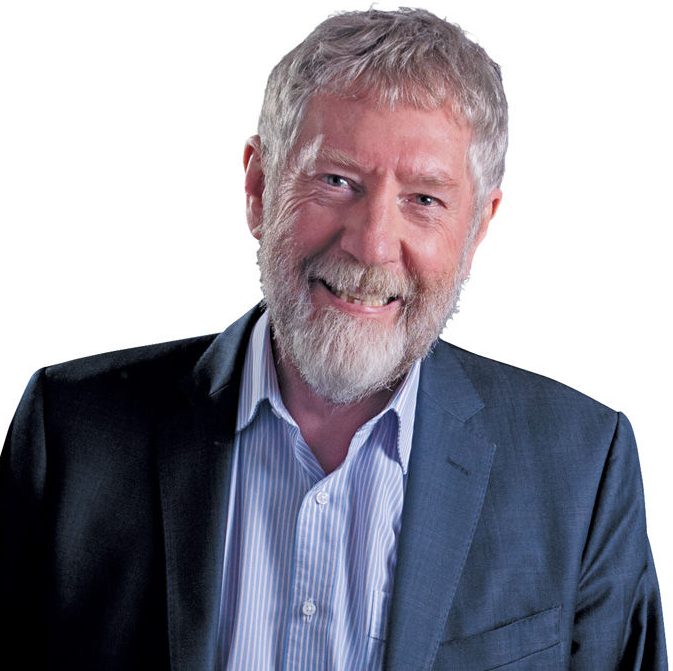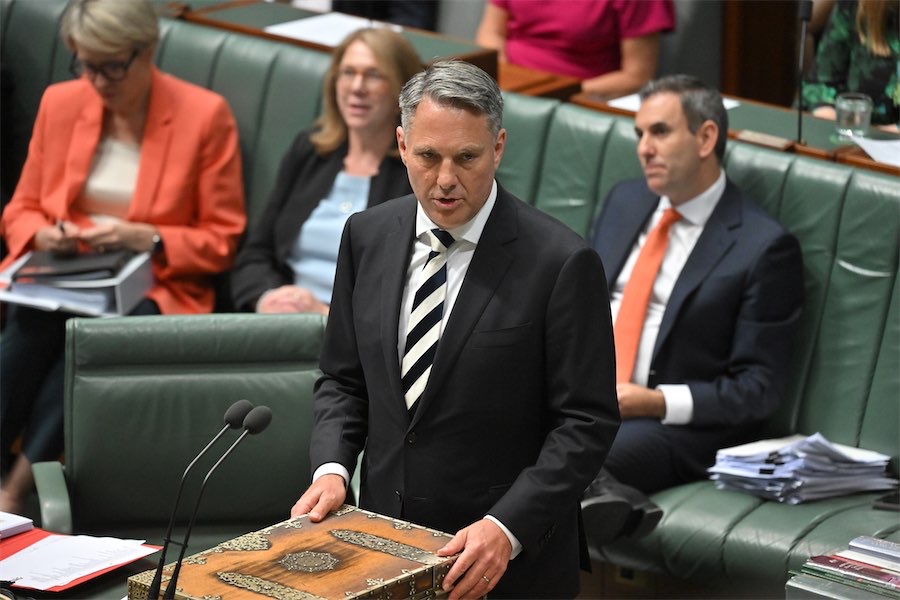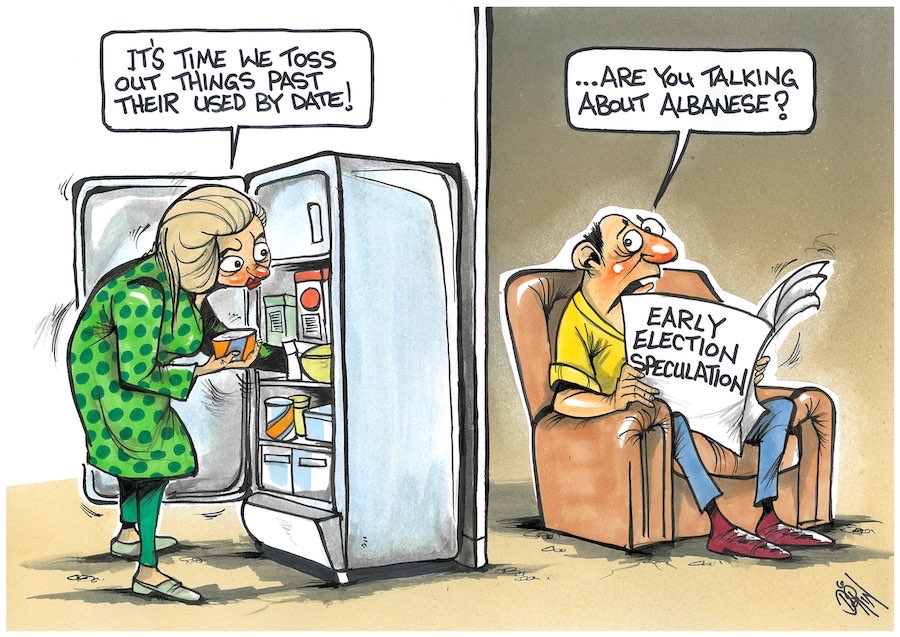“Since the advent of NAPLAN, the results have provided indications that the ACT education system is performing well below standard and well below expectations for our community,” writes political columnist MICHAEL MOORE.
THEY’RE our children. This is the next generation. “Overall, I would say that our performance is fine”, says Education Directorate deputy director Deb Efthymiades.

Fine! Fine! Fine is simply not good enough.
Considering the socio-economic advantage of Canberra, the performance of our children on NAPLAN should be outstanding.
Outstanding! Outstanding is what the community should expect. The failure to deliver lies at the feet of a government that has been in power for more than two decades.
This “fine” is not new. Since the advent of NAPLAN, the results have provided indications that the ACT education system is performing well below standard and well below expectations for our community.
The Catholic system has responded and is celebrating early success, claiming “improved results reflect the success of a new teaching method”.
The Catholic education system recognised they had an issue and set about addressing it. Ross Fox spearheaded the “catalyst” changes to teaching approaches having come to the conclusion “traditional teaching methods were not working”.
Over future years it will be interesting to watch and assess the Catholic education system compared to other independent schools and the public school system.
The National Assessment Program – Literacy and Numeracy (NAPLAN) is just one form of evaluation. The tests are conducted in years 3, 5, 7 and 9 and assess proficiency of students across Australia on a range of fundamental educational skills.
This year the reporting has changed and reports against four levels of skills. They are “exceeding”, “strong”, “developing” and “needs additional support”.
The Australian Curriculum, Assessment and Reporting Authority, which is responsible for NAPLAN, points out “that approximately 65 per cent of students across Australia are meeting the higher literacy and numeracy expectations, achieving in the ‘Strong’ and ‘Exceeding’ proficiency levels”. Another 23 per cent are “developing” – suggesting they are working towards meeting expectations. The rest need “additional support”.
The year 3 average NAPLAN score in reading for Victoria was 416 and in NSW it was 411.1. The ACT average was 415.9. In the ACT 71 per cent of students, assessed across all years, achieved at the “strong” and “exceeding” level. In Victoria 71.2 per cent scored at that level and in NSW it was 69.7 per cent. These jurisdictions are on a par with the ACT.
While deputy director Efthymiades described the results for the public school system as “fine”, she has gone on to point out that teachers will use individual results to assist students.
Additionally, the Education Directorate will use school-by-school results “to work out which schools may be accessing just general support or which ones might need some more targeted support”.
The ACT ought not just be doing better than other jurisdictions. In education we should be soaring above the average.
Consider the educational level of the ACT population that far outstrips other jurisdictions. Consider the socio-economic advantage that applies to our population. Consider the challenging issues dealt with by all other jurisdictions of regional, remote and isolated schools.
On average, the ACT should be head and shoulders above other jurisdictions. The Education Directorate points out that comparisons between this year and previous years are not really possible. In looking internally, this is a fair and appropriate comment. It also takes into account the years of pandemic when there were serious challenges for teachers and students.
However, comparisons between jurisdictions are still valid. The indicators here are that the ACT has simply not lifted its game more than other jurisdictions.
Attempts are being made to improve levels of basic numeracy and literacy. Ms Efthymiades pointed to two core programs. In literacy the program is called “10 Essential Instructional Practices”. In numeracy the program is “Finding the Balance”.
In examining how our students are going in the ACT, comparisons should also be drawn internationally. Glenn Fahey, director of education at the Centre for Independent Studies, pointed out the results are “fairly consistent with what international assessments have been telling us for a while”. Indications are that Australia has been slipping down global rankings for 20 years.
The 2018 Programme for International Student Assessment (PISA) report found Australian students had fallen behind by a full school year in maths, and almost a school year in reading and science.
With the extensive benefits of the Canberra community, it is simply not good enough that our results are on par with NSW and Victoria. The government needs to take responsibility by substantially increasing funding and support for our teachers.
Michael Moore is a former member of the ACT Legislative Assembly and an independent minister for health. He has been a political columnist with “CityNews” since 2006.
Who can be trusted?
In a world of spin and confusion, there’s never been a more important time to support independent journalism in Canberra.
If you trust our work online and want to enforce the power of independent voices, I invite you to make a small contribution.
Every dollar of support is invested back into our journalism to help keep citynews.com.au strong and free.
Thank you,
Ian Meikle, editor





Leave a Reply